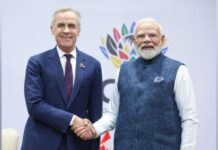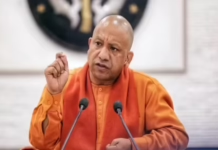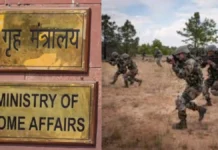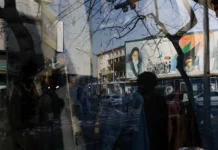 NEW DELHI: Prime Minister Manmohan Singh on Thursday made a strong case for “phased” hike in prices of petroleum products, coal and power as they are “underpriced” warning that failure to control subsidies would lead to cut in plan expenditure.
NEW DELHI: Prime Minister Manmohan Singh on Thursday made a strong case for “phased” hike in prices of petroleum products, coal and power as they are “underpriced” warning that failure to control subsidies would lead to cut in plan expenditure.
“Unfortunately, energy is underpriced in our country. Our coal, petroleum products and natural gas are all priced well below international prices. This also means that electricity is effectively underpriced, especially for some consumers.
“Immediate adjustment of prices to close the gap is not feasible, I realize this, but some phased price adjustment is necessary”, Singh said while addressing the 57th meeting of the National Development Council (NDC).
The apex policy-making body NDC, which comprises Cabinet Ministers and State Chief Ministers, was convened to approve the 12th Five Year Plan (2012-17) which seeks to peg the average annual growth rate at 8 per cent, as against 8.2 per cent proposed earlier.
Drawing attention to the need to control subsidies, Singh said some subsidies were a normal part of any socially just system but they should be well designed and effectively targeted. The total volume must be kept within limits of fiscal sustainability.
“Failure to control subsidies within these limits only means that other plan expenditures have to be cut or the fiscal deficit target exceeded,” he said.
In his address, Singh also referred to the recent gang rape of a 23-year old paramedic student in the capital and said the government would accord high priority to safety and security of women as “there can be no meaningful development without the active participation of half the population”.
Singh also cautioned that “business as usual” policies will not be sufficient to achieve the scaled down growth target of 8 per cent, which he described as “ambitious” in the current scenario.
This is the second time that the Planning Commission has proposed reduction in the average annual growth target for the 12th Plan. It was first scaled down from 9 per cent to 8.2 per cent and now to 8 per cent.
Noting that India imports oil, natural gas and even coal, Singh said some adjustment in price was necessary to moderate demand of these products and curb imports.
“Energy pricing is critical for both objectives. If domestic energy prices are too low, there will be no incentive to increase energy efficiency or to expand even supply”, Singh said, adding the centre and the states need to work together to create awareness in the public about the need to limit energy subsidies.
Energy experts, Singh said, were unanimous that the country cannot expect to achieve rapid, inclusive and sustainable growth if it did not undertake a phased adjustment in energy prices to bring them in line with world prices.
He further said failure to contain subsidy would mean either cutting plan expenditure in other sectors or exceeding the fiscal deficit target.
Describing the current economic situation as “difficult”, the Prime Minister said the first priority of the government would be to reverse slowing growth rate.
“The continuing crisis in the global economy has reduced growth everywhere… Our first priority must be to reverse the slowdown. We cannot change the global economy, but we can do something about the domestic constraints which have contributed to downturn,” Singh added. . India’s economic growth has declined to a nine-year low of 6.5 per cent in 2011-12. For the current fiscal, it is estimated at 5.7-5.9 per cent, which would be the lowest growth in the last decade.
Terming the scaling down of growth for 12th Plan to 8 per cent as a “reasonable modification”, Singh said, “achieving an average of 8 per cent growth following less than 6 per cent in the first year is still an ambitious target… The high growth scenario will definitely not materialize if we follow ‘a business as usual’ policy.”
Earlier, Planning Commission Deputy Chairman Montek Singh Ahluwalia said that in view of the domestic and global developments, the growth rate “associated with scenario one (most optimistic outlook) could be scaled down to 8 per cent”.
The Prime Minister emphasized that both the Centre and the states should work towards increasing resources to finance programs of inclusiveness.
Referring to implementation of the Goods and Services Tax (GST) regime, Singh said there was a need to increase the tax ratio as a percent of GDP through combination of tax reforms and better tax administration.
“Early implementation of the GST is critical in this context. I hope we will have the co-operation of the States to introduce the GST as quickly as possible,” he said.
Singh said growth rate of many states have improved in the recent years. “The average growth rate of the five poorest states exceeds the national average for the first time in any Plan. I think we may be reaching the stage when the term BIMARU states can be relegated to history,” he added. -PTI






